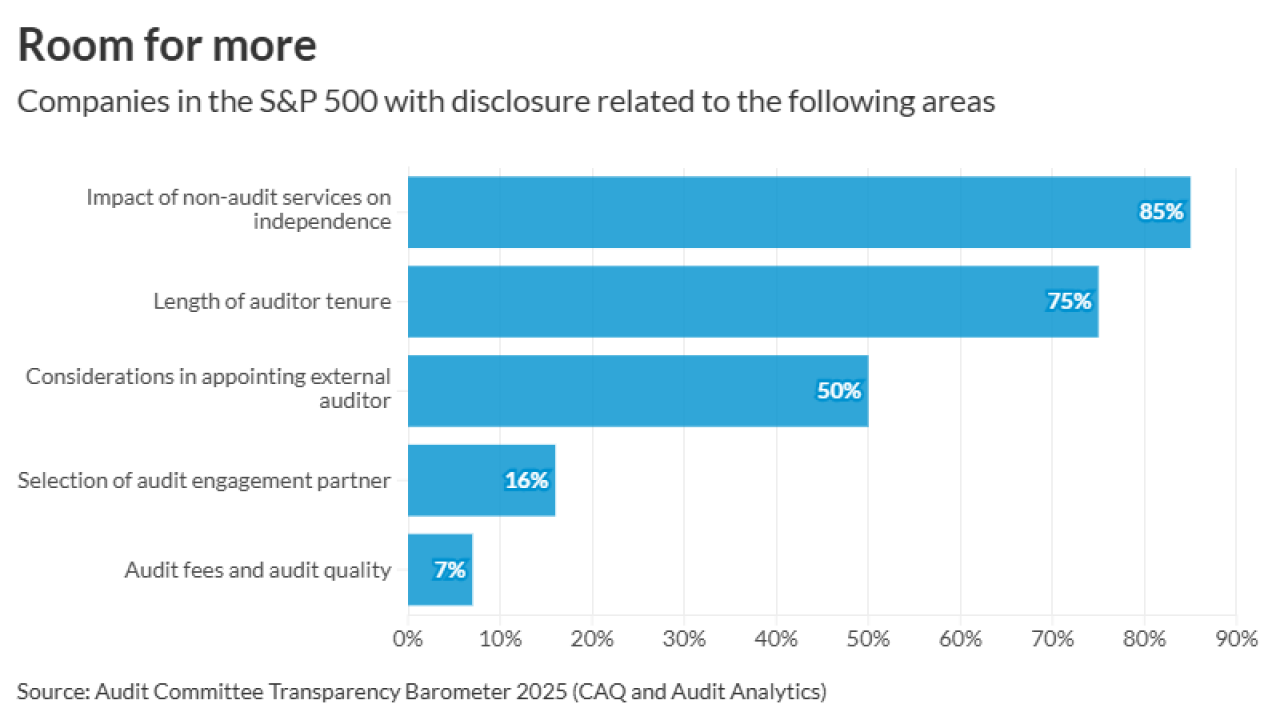The American Institute of CPAs is asking the Internal Revenue Service to rethink its proposed changes to the tax transcript process, contending they would delay the process of getting copies of old tax returns for clients.
“We appreciate your efforts to protect taxpayer data from cybercriminals; however, these changes will unnecessarily delay the process for obtaining transcripts,” wrote AICPA Tax Executive Committee chair Annette Nellen in a letter Tuesday to the IRS.
The IRS’s online Get Transcript app was breached by cybercriminals in 2015, who got access to hundreds of thousands of taxpayer accounts. The IRS temporarily shut down the app, along with other online services that were also found to have suffered breaches, and added extra identity authentication procedures.

The IRS announced a number of changes in August to the tax transcript process to protect the information from cybercriminals, envisioning it as a three-phase plan. In Phase I, which already began in September, the IRS started redacting the identifying information of individual and business taxpayers (including the Social Security Number, Taxpayer Identification Number, Employer Identification Number, account numbers, name, telephone number and address) listed on the individual tax transcript. Phase II is scheduled to begin in January, and will end the faxing of transcripts to both individual and business taxpayers and their representatives, such as their accountants. Phase III is scheduled to starting around May 2019, and will end the mailing of transcripts to third parties such as tax practitioners and will only mail transcripts to the taxpayer’s address of record.
The AICPA is worried about both of those next phases that are slated to commence next year. “The AICPA is concerned about the planned changes to the transcript process and potential delays it would cause in a tax preparer’s ability to obtain transcripts and timely assist taxpayers,” Nellen wrote.
She is worried the changes will mean it will take longer for accountants to get hold of their clients’ tax transcripts. “The ability to timely obtain copies of transcripts is crucial to both taxpayers and their representatives,” Nellen wrote. “Tax transcripts are most often used by taxpayers to understand their status with the IRS (such as an IRS audit), complete accurate tax returns, resolve tax notices or discrepancies, and verify tax return information for legal purposes (e.g., child support, obtaining a mortgage, etc.). In each of these circumstances, there is a deadline for submission of information and it is challenging, if not impractical, for the taxpayer to request an extension of time (from tax courts, the IRS, government agencies, or mortgage lenders).”
Nellen pointed out that tax practitioners heavily rely on tax transcripts to help resolve their clients’ issues and contradicts the intent of the IRS’s own forms. “Refusing to send transcripts to third parties, such as practitioners, negates the purpose of a valid Form 8821, Tax Information Authorization, or Form 2848, Power of Attorney and Declaration of Representative, authorizing the practitioner to assist taxpayers in complying with their tax obligations,” said Nellen.
She suggested a compromise solution that would resolve practitioners’ need for immediate access to taxpayer transcripts and balance it with the IRS’s desire for identity protection. “Practitioners should have the ability to provide a valid Form 8821 or Form 2848 to an IRS employee, which would then authorize the employee to immediately send a transcript to the practitioner’s secure e-Service mailbox,” Nellen wrote.
She explained that practitioners with an e-Service account were previously authorized through an extensive IRS authentication process. Before starting the conversation with a tax practitioner, an IRS employee would first have authenticated the practitioner’s identity.
“Though it is not a perfect solution, this recommendation balances the demand for security and the practitioner’s ability to effectively assist taxpayers,” Nellen wrote.





